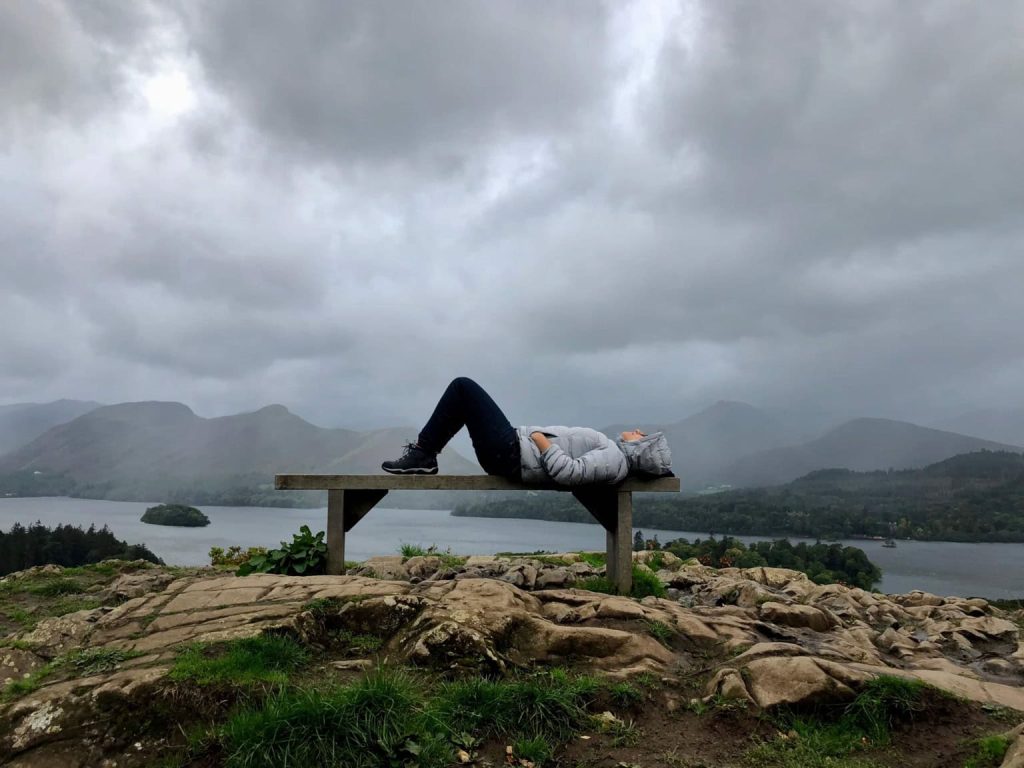Planning a trip to New Zealand? Whether you’re drawn by the stunning landscapes, vibrant culture, or adventurous activities, understanding the New Zealand visitor visa information is crucial. This guide will provide you with key insights into the visa application process, types of visas available, and tips for a smooth journey.
Understanding New Zealand Visitor Visa Information
When traveling to New Zealand, having the correct visa is essential for ensuring you can enjoy your stay without any complications. Depending on your nationality and the nature of your visit, you may need a visitor visa or an Electronic Travel Authority (ETA).
Visa Waiver and ETA
Travelers from certain countries can enter New Zealand without a visa for short stays. However, since October 2022, these travelers must apply for an ETA before boarding their flight. The ETA is a digital travel authorization that allows multiple entries for tourism or business purposes, valid for up to two years.
For more detailed information on what you can expect as a visitor, check out New Zealand Visitor Visa Information.
Types of New Zealand Visas
New Zealand offers various New Zealand visa types to cater to different visitor needs. Understanding these types is essential for selecting the right one for your trip.
1. Visitor Visa
The visitor visa is the most common option for tourists. This visa allows you to stay in New Zealand for up to nine months, depending on your nationality. It’s ideal for those looking to explore the country’s beautiful landscapes, visit friends and family, or engage in short-term courses.
2. Electronic Travel Authority (ETA)
As mentioned earlier, the ETA is required for travelers from visa-waiver countries. It’s quick and easy to apply for online and offers the flexibility of multiple entries. The ETA is a great choice for those who plan to visit New Zealand more than once in a short period.
3. Business Visitor Visa
If your visit is primarily for business, you’ll need a business visitor visa. This allows you to attend meetings, conferences, or negotiate contracts without engaging in paid work. The duration of stay typically depends on the specifics of your visit.
4. Transit Visa
If you’re passing through New Zealand on your way to another destination, you may require a transit visa. This is generally needed if you’re stopping for more than 24 hours and will be leaving the airport.
For a comprehensive overview of all available visa types, you can refer to New Zealand Visa Types.
Applying for a New Zealand Visa
Step 1: Determine Your Visa Type
Before applying, determine which type of visa suits your travel needs. This ensures you’re following the correct process.
Step 2: Gather Necessary Documentation
Collect all required documents for your application. Commonly needed documents include:
- A valid passport
- Proof of accommodation
- Evidence of funds for your stay
- Travel itinerary
Step 3: Complete Your Application
For the ETA, the application is straightforward and can be completed online. For other visa types, you may need to submit a paper application or an online form through the official immigration website.
Step 4: Pay the Application Fee
Each visa type has associated fees. Make sure to check the current fees and pay accordingly. Keep a copy of the receipt as proof of payment.
Step 5: Wait for Approval
After submitting your application, wait for the approval notification. ETAs are typically approved quickly, while other visas may take longer. Check your email regularly for updates.
Preparing for Your Visit
Once your visa is approved, it’s time to prepare for your adventure. Familiarize yourself with New Zealand’s customs regulations, particularly regarding what you can bring into the country, as restrictions apply to certain items like food and plants.
Conclusion
Navigating the visa process is a critical step in planning your New Zealand trip. With the right New Zealand visitor visa information and an understanding of the various New Zealand visa types, you can ensure a hassle-free entry into this beautiful country. Whether you’re here for leisure, business, or visiting loved ones, being well-prepared will enhance your travel experience. Safe travels

